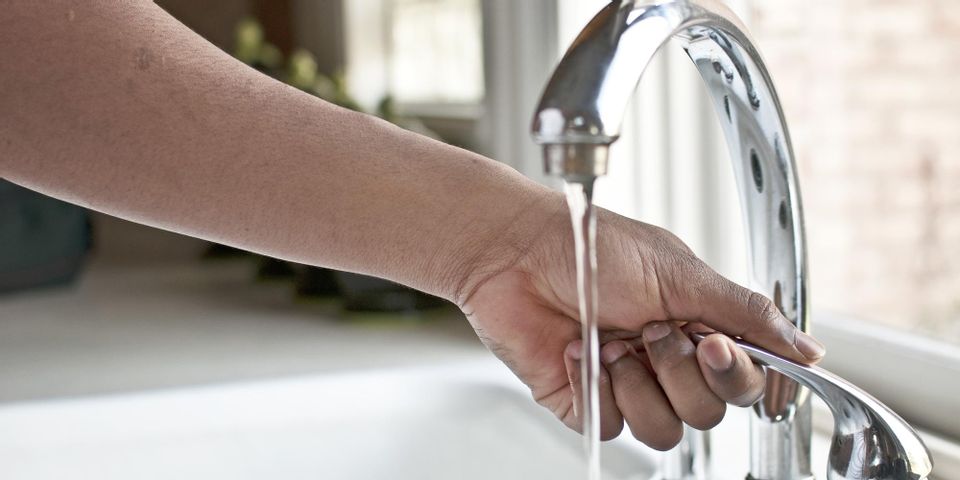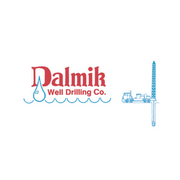
Water wells provide a dependable source of clean water to your home. However, they may sometimes become contaminated by hard minerals, bacteria, and chemicals, which is why you should schedule well inspections and test the water regularly. Below, you’ll find a helpful guide on the importance of well water testing and how often you need it.
A Guide to Well Water Testing
Why You Need It
All wells need testing from time to time, but if your well sits on low-lying ground, it may be more vulnerable to contamination due to runoff. Similarly, older wells may test positive for impurities as the result of cracks in old casing. The most common contaminants that affect all wells include lead, sodium, arsenic, copper, and chloride. Your well may also become exposed to dangerous radon levels and volatile organic compounds. You need water well testing because many of these minerals, chemicals, and bacteria may cause hair and skin damage, as well as plumbing deposits.
How Often to Test
 It’s wise to schedule a well inspection to test for bacteria, nitrates, and nitrites once per year, since these contaminants present the most serious health hazards. Fecal coliform bacteria, such as E. coli, may cause vomiting, diarrhea, and dysentery. Nitrates and nitrites have the potential to make you more susceptible to colorectal cancer, thyroid disease, and fetal birth defects.
It’s wise to schedule a well inspection to test for bacteria, nitrates, and nitrites once per year, since these contaminants present the most serious health hazards. Fecal coliform bacteria, such as E. coli, may cause vomiting, diarrhea, and dysentery. Nitrates and nitrites have the potential to make you more susceptible to colorectal cancer, thyroid disease, and fetal birth defects.
Every three to five years, have your well inspection company test the water for arsenic, chloride, copper, fluoride, iron, lead, manganese, sodium, and volatile organic chemicals. Additionally, have them rule out the possibility of radioactive particles, such as radon and uranium, and allow them to test the pH to make sure it’s neutral.
Keep your water supply safe for drinking, cleaning, and bathing with well inspections and testing from Dalmik Well Drilling. Since 1987, this well contractor has provided installations, drilling, deepening, and repairs to clients throughout Putnam, CT. Call (800) 922-6220 to book an appointment for a well inspection and visit them online to learn more about their pump services.
About the Business
Have a question? Ask the experts!
Send your question

